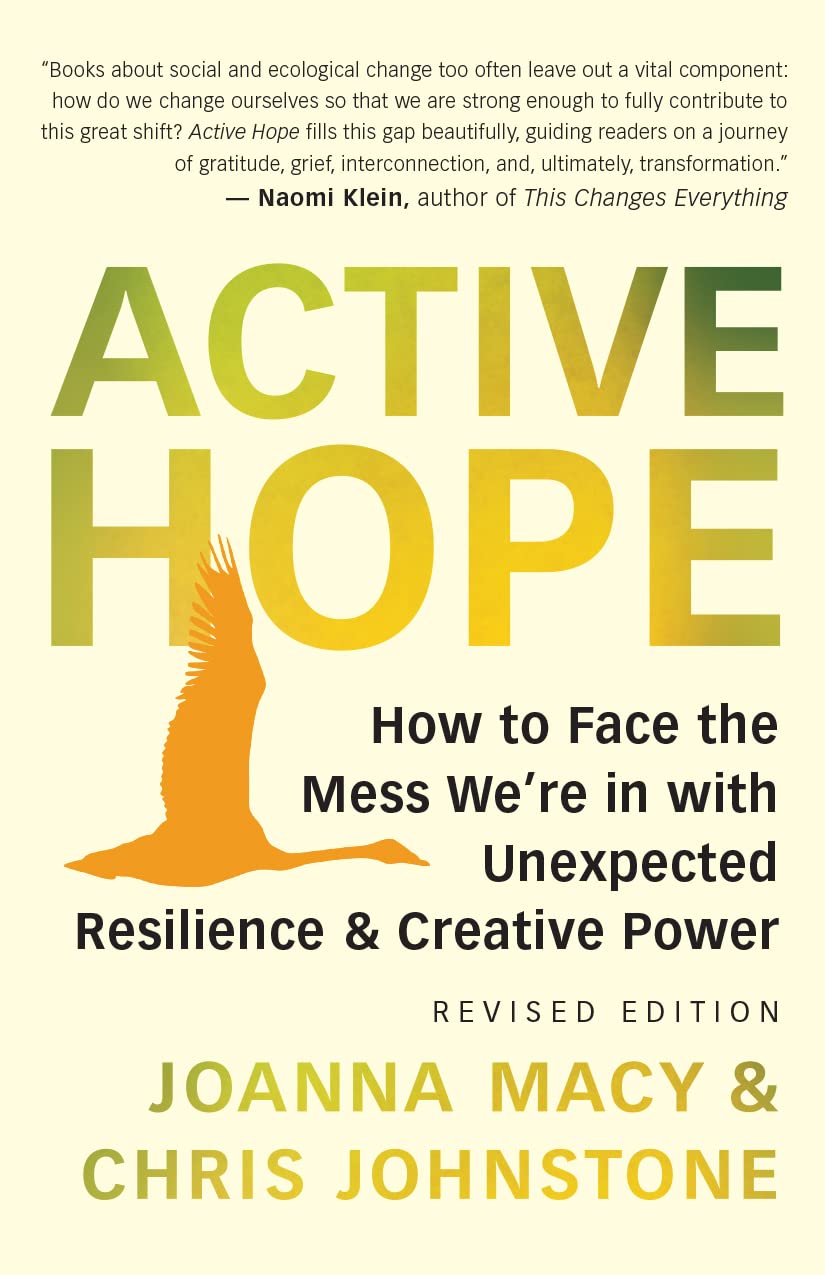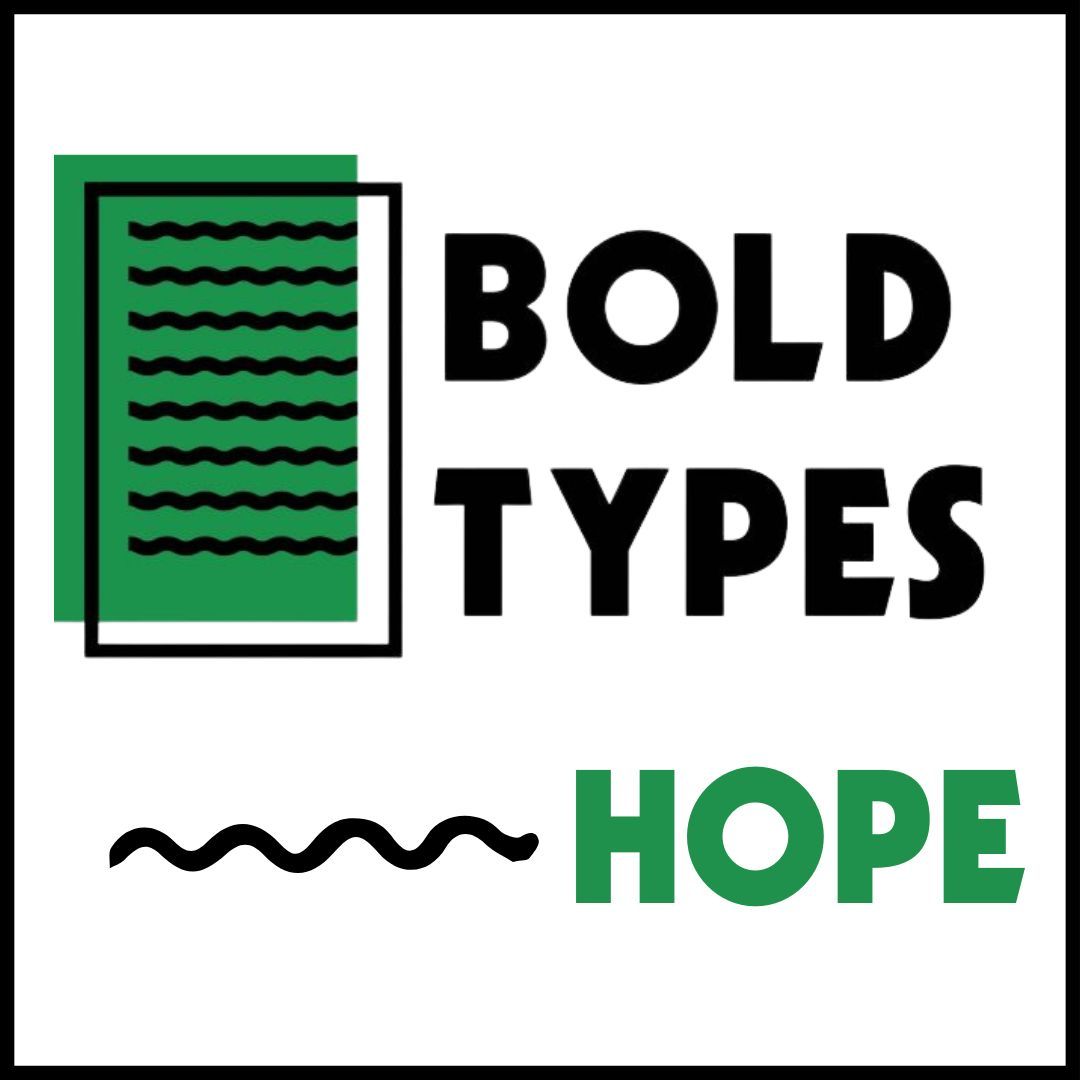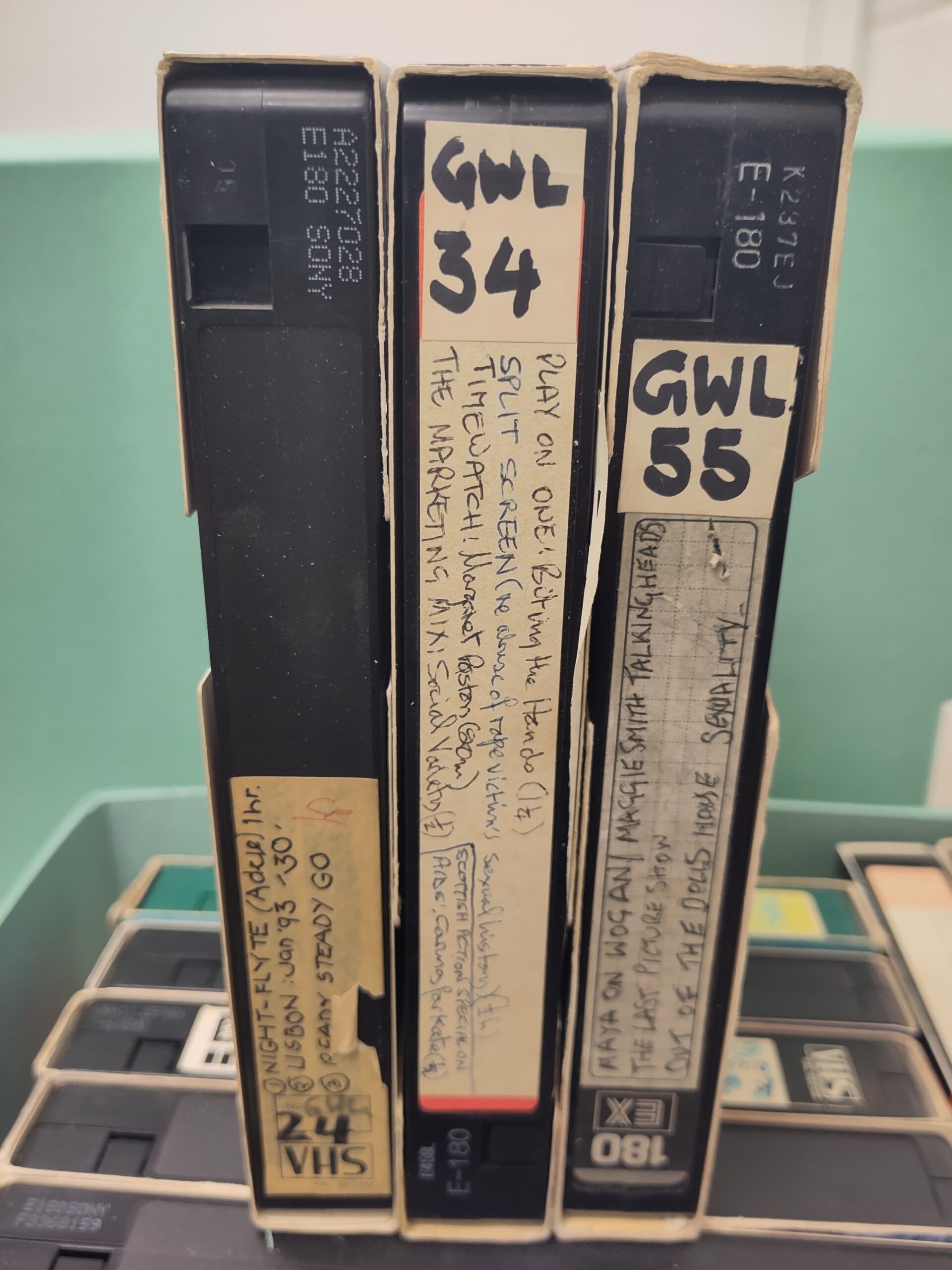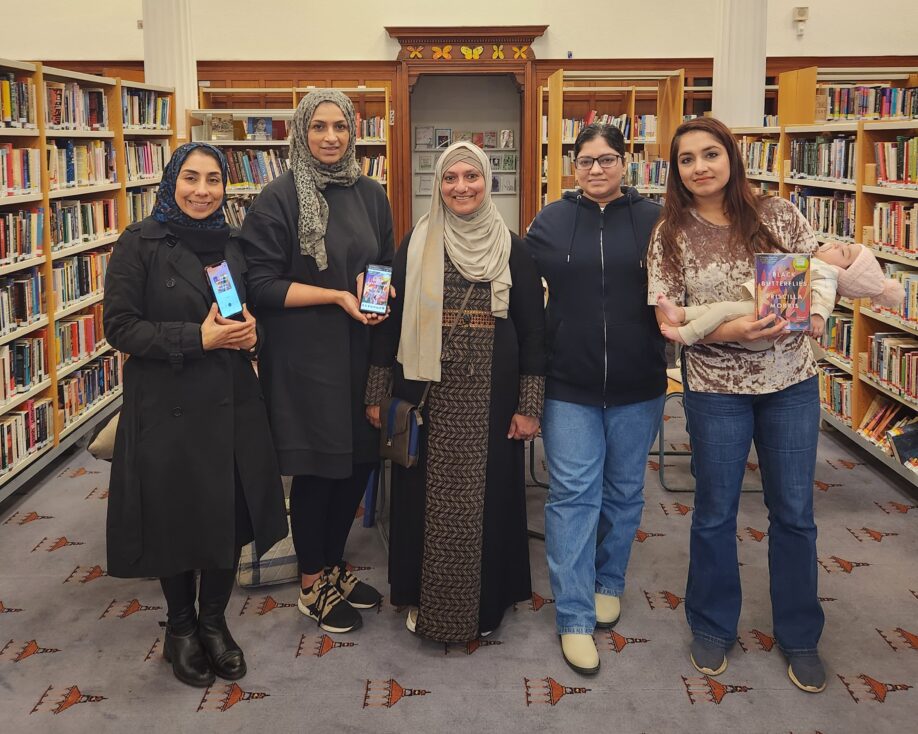Hi, my name is Robyn, and I’m a student at the University of Stirling, completing my Masters in Gender Studies. In the spring of this year, I had the pleasure of working with the Glasgow Women’s Library as part of my Research Placement module. My first time in the library was part of a visit in our first semester of the course, and I immediately knew I wanted to be able to work in this incredible place. After most of my peers and tutor left, I lingered behind bookshelves, captivated by the sheer volume of feminist works I had at my fingertips.
My project reviews 30 years of media clippings featuring Glasgow Women’s Library donated and collected by the library and supporters. I spent weeks studying each box of media coverage from 1991 to 2011 (and beyond), identifying each article or review’s main themes and scope. Using an app called Notion, I created pages for each box currently in the archives, and within each page, I made a table to document each box’s contents.
After going through them, Mae, an archivist at the library, and I decided how to organise them. We removed staples from the clippings so they did not rust or damage the material, allowing the library to preserve them for as long as possible. Since there were so many boxes and clippings, we kept them in chronological order and tried to fit as many years into one box as possible. This led to us filling two boxes at first. The first box contained media clippings from 1991 to 2007. The second box ranged from 2008 to 2011.
The articles in the first box discuss things from the library’s opening and the lesbian archives to the Stitch and Bitch Group and the move to the Mitchell Library. Other topics include the Women at Work register, the move to Trongate, the library’s 10th anniversary and the Heritage Walks. The second box contained clippings about the library’s successful literacy and numeracy classes, the She Settles In The Shields exhibition and publication, the development of their own cataloguing system, the 21st anniversary and the 21 Revolutions book.
Due to time constraints, I could not finish the rest of the library’s boxes, as there were so many articles to sort through and archive. Unfortunately, throughout this project, many personal setbacks prevented me from fully immersing myself in the archival process. I had multiple physical and mental health issues that sometimes prevented me from physically being at the library. If I had longer, I would have loved to read and catalogue these amazing pieces of feminist history and the documented history of the trailblazing work of Adele and Sue. I have loved every moment I spent there and have always felt so welcomed and supported. The library and the work that people like Adele, Sue, Nicola, and Mae do preserve women’s history in a way that celebrates and remembers the victories and activism women have achieved before us.






